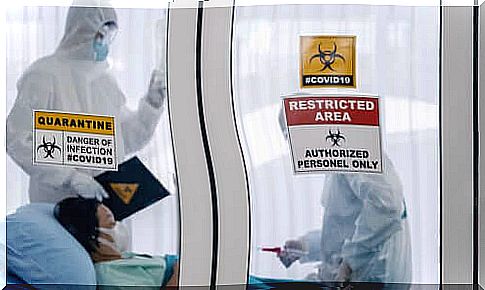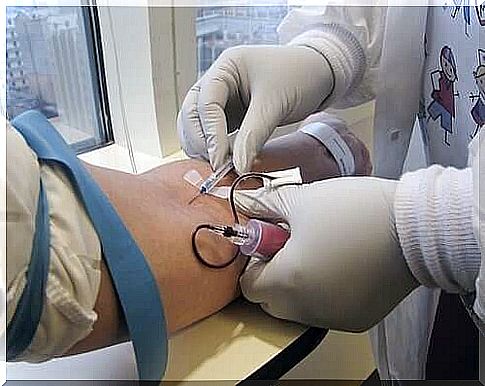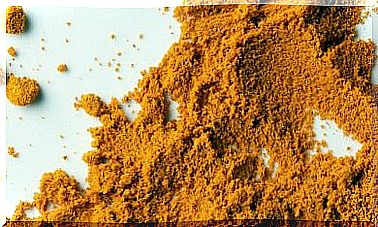Treatments Used For The Coronavirus
There are no specific therapies for COVID-19 but some treatments used for the coronavirus are still under study. They are largely reserved for critically ill patients.

The treatments used for the coronavirus are the subject of heated debate. As well in the scientific world as in the political spheres, the interpretations do not stop crossing in connection with the effective help or not of these therapies.
As with many viral diseases, there is no specific and timely treatment for the coronavirus. What we are looking for is a drug – or a combination of several of them – that would stop the virus from replicating.
Also, antibiotics are not helpful in these cases because they target bacteria. Likewise, anti-inflammatory drugs cannot be regarded as specific treatments. What is favored are measures to support breathing and symptoms of COVID-19.
However, there are treatments used for the coronavirus that certain protocols have allowed in intensive care units in different countries. But there is no drug approved for massive use at the onset of symptoms yet.
Regulators of pharmaceutical companies and laboratories are showing more flexibility than ever before in their regulations and laws. For example, they allow testing to be carried out more quickly. We estimate that the World Health Organization has over 250 ongoing clinical trials on this subject.
Hydroxychloroquine as a treatment for COVID-19
One of the first options discussed, at the onset of the coronavirus pandemic, was hydroxychloroquine. It is a classic drug for the treatment of malaria.
Today, it is one of the treatments used against the coronavirus, mainly due to its anti-inflammatory component . For this characteristic, the theory is that it would decrease the respiratory distress of COVID-19. One of the causes of death is the need for artificial respiration.
This is an inexpensive drug, and this is an advantage of availability, but it also has many side effects. Among other things, it generates headaches, diarrhea, vomiting and skin rashes.

Treatments used against the coronavirus: the lopinavir / ritonavir combination
One treatment option under study is the combination of the drugs lopinavir and ritonavir. These are anti-retrovirals that are used in programs to fight HIV, since it is also an RNA virus, like SARS-CoV-2.
This combination has already been studied in previous coronavirus outbreaks like Acute Severe Respiratory Syndrome (SARS) and Middle East Respiratory Syndrome (MERS). The results were promising, which led researchers to believe that it should be effective now.
However, the tests are not as positive as they used to be. But, in the absence of better and available alternatives, several countries have protocolized its use in intensive care.
It is not a treatment that can be used for all patients with coronavirus. Indeed, it is intended for those whose prognosis is severe because of their symptoms, their age or their comorbidities. In these cases, it combines with interferon.
Treatments against the coronavirus: Remdesevir, the most promising
Remdesevir is one of the treatments used for the coronavirus which is likely to be more effective than others. It has also been tested during SARS and MERS outbreaks of the past 20 years.
On the other hand, this drug derives from an experiment carried out 10 years ago to find a treatment against Ebola. Its effectiveness was then tested against other viruses, including certain coronaviruses. In the United States, it has already been used on two patients who have seen their condition improve. But this is not enough to consider its effectiveness.
On the other hand, the downside is that it exists only in intravenous application. This would then involve carrying out the treatment in a hospital setting, or at home through coordinated nursing care.

How to treat the coronavirus?
Currently, when a patient is diagnosed positive for COVID-19, we start with a basic and supportive treatment protocol. If symptoms are mild, the patient is isolated at home and follows the usual measures for an influenza setting.
If the case is moderate, it may require hospitalization. In this case, hospital protocols are put in place, but generally without the use of antiretrovirals. Except in specific cases approved by medical associations and health ministries that have already tested the drug.
Finally, what is envisaged for the treatment of intensive care patients is the combination of the alternatives available depending on the severity of the conditions that arise. Each national health ministry has established specific guidelines for its health teams to choose drugs based on local availability.









